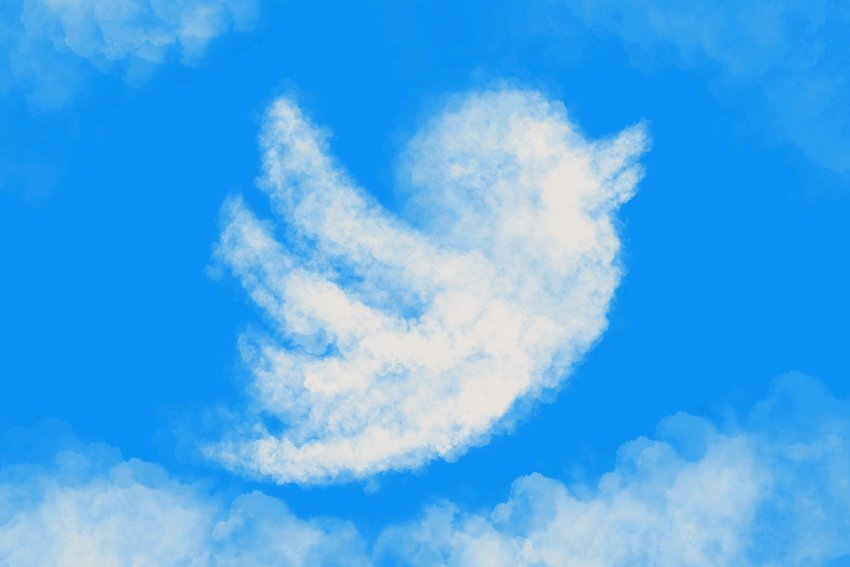With tweets regularly making news and YouTube videos turning everyday people into overnight sensations, it’s no wonder that these platforms have had such an impact on the words we use. Some of these words aren't new creations, but the way the communities have adopted them is entirely their own.
Twitterverse
Twitter has become a social world unto itself, and the Twitterverse is where all the action happens. Quite simply, the word comes from a combination of the platform’s name plus the suffix "–verse," as in, universe. And it’s not just slang either – the OED added Twitterverse to the online version of its dictionary in 2012.
Tweet/Retweet
Like Twitterverse, the OED added these words to the online dictionary, and tweet actually made the print edition in 2018. Tweets, of course, have been around since the 1800s, used to describe a chirping noise. But the popularity of this word, and its new definition as a post on Twitter, skyrocketed in the late-2000s. Retweet (or RT) means to repost someone else’s tweet. An RT means it's not your original thought, but you're either agreeing/endorsing it or, conversely, spotlighting a contrary point of view to argue against it. The more RTs, the more popularity and reach your Tweet has received.
Hashtag
Hashtags, now a ubiquitous part of Twitter, Instagram, and even IRL (in real life), were invented by an open-source advocate and Twitter user, Chris Messina (not the actor). The pound sign (#) had been used in tech speak for years to highlight a special meaning. Messina suggested people on Twitter start tagging their posts to form groups or allow people to track interests, with no web-based management required. While at first Twitter was reluctant to adopt the usage, it caught on with the use of #sandiegofire in 2007. Today, "hashtag" is even used in common speech as a way to denote subtext.
Influencer
This word isn’t specific to Twitter and YouTube, but it’s certainly related to the rise of social media superstars, particularly on Instagram, who have a mega influence on their legions of fans and followers. Thanks to sponsored content and the payouts that come with them, "influencer" is now considered a job title.
Stan
Your Uncle Stan might take offense to this one, but it's a term for a superfan. Eminem used it as the name of his dangerously obsessed fan in a song of the same name, but the internet adopted "stan" or "stanning" to describe frenetic levels of fandom. Like many social media terms, it can be used as a noun or a verb. "I am a total K-pop stan," or "I'm stanning so hard for Arianna." Its popularity has earned it a spot on the OED’s watch list.
HIFW & Other Acronyms
Twitter’s original 140-character Tweet limits have led to some creative and popular acronyms that have spread all over the web – FTW (For the Win), YOLO (You Only Live Once), FML (Eff My Life), IMO (In My Opinion), FWIW (For What It's Worth), TFW (The Feeling When), IDGAF (I Don't Give an Eff), ICYMI (In Case You Miss It), IRL (In Real Life) and FOMO (Fear of Missing Out) are probably all over your feed. How I Feel When, or HIFW, is often paired with a video or GIF when you just can’t find the right words.
YouTuber
Influencers and social media celebs who are prominent on a particular platform may be called Instagrammers or Twitterers/Tweeters, but no title is as widely adopted as YouTuber. While the word is primarily used for content creators, fans have been known to apply it to themselves. YouTube has tried to give cachet to its users with the title "Creator," but it just hasn't stuck like "YouTuber."
Followers
You can collect likes, fans, and subscribers, depending on what platform you’re on, but many people in the social sphere will sum those devotees up as followers. The more followers you have, the most likely you are to gain notoriety as an influencer.
DM
Short for direct message, DMs are private messages that can be sent and received on Twitter as a way to make this very public platform a little more conducive to private communication. An online flirtation might lead to an invitation to "slide into my DMs." It’s slowly but surely supplanting the previous (and synonymous) term PM, for personal or private message.
Mention
Not every word invented by Twitter is a new word, but rather a new definition of an existing word. Case in point: mentions, which are used to tag another user within a Tweet by using the @ symbol in front of their username. But using the word "mention" is slowly falling out of favor, replaced with the word "at." "Don't at me!" means that you don't want to be called out directly. But sometimes you just can't avoid it.

